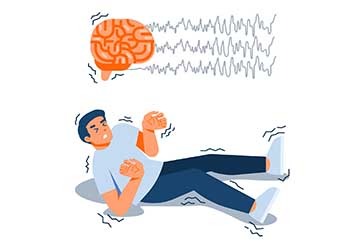 Book Appt.
Book Appt.
 Call Now
Call Now


Headaches are one of the most common and pervasive health complaints worldwide. They can range from mild discomfort to debilitating pain, affecting individuals of all ages and backgrounds. Understanding the underlying causes, different types, and effective management strategies for headaches is crucial for alleviating this widespread ailment.
Types of Headaches
Causes of Headaches
Management and Treatment
Conclusion
Headaches are a prevalent and diverse health concern, ranging from mild discomfort to debilitating pain. Understanding the different types, their underlying causes, and effective management strategies empowers individuals to take control of their headache experiences. Through lifestyle adjustments, appropriate medication use, and alternative therapies, it is possible to find relief and improve overall quality of life for those affected by headaches.
SHALBY Sanar International Hospitals provides extensive medical procedures backed up with our state-of-the-art technology and a team of highly qualified & experienced clinical experts.

Patient from Iraq gets treated by Dr. Harnarayan Singh | SHALBY Sanar International Hospitals

15 year old Patient from Liberia gets treated by Dr Harnarayan Singh | Neurosurgery & Spine Surgery

Mrs. Khalida Khaleel from Iraq Overcomes Degenerative Disc & Grade 1 Spondylolisthesis

Successful Treatment of a Patient from Uzbekistan for Degenerative Disc Disease and Back Syndrome

Surviving Stroke: Bipasha Banerjee's Testimony on Timely Intervention

Successful Intraoperation Neuro Monitoring on patient Hasan from Iraq

Successful removal of Glioma using advanced machines

A multidisciplinary care worked wonders for Ms. Akhtamova from Tajikistan

Treatment for Brain Aneurysm - Al Qumairi Saeed Mohsen Awadh from Yemen
Our doctors pen down their research findings and experiences from time to time. Their words provide deep insight into the latest techniques, technologies and other advancements in healthcare. It provides expert answers to all kinds of health questions for real-life issues.
VIEW ALL




Since the day of its foundation, SHALBY Sanar International Hospitals is committed to provide comprehensive healthcare services. It regularly organizes awareness programs in its premises and encourages outdoor healthcare activities and camps with an intent to put focus on preventive healthcare.
VIEW ALL